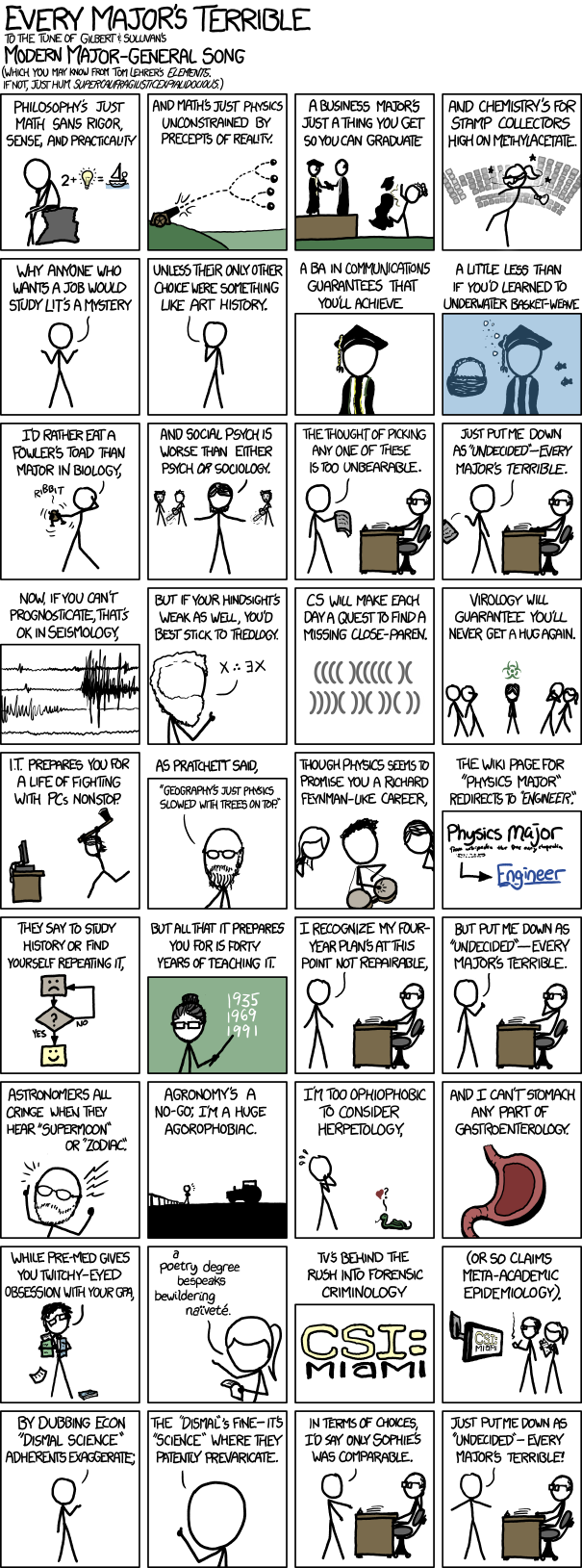An interesting article from Scientific American about state of competition among scientists for grants, positions and in general to resources needed for scientific endeavors. Especially when most of the credit is assigned to groups who publish first (priority criteria)….
Interesting excerpt from the article:
“The importance of teamwork in science has never been greater. Studies of publications over the past 50 years show that teams increasingly dominate science and are contributing the highest-impact research. Collaborators, consortia and networks are essential for tackling interdisciplinary problems and massive undertakings, such as the Human Genome Project. The priority rule may be undermining this process.
The appropriateness of the priority rule for science has never been seriously questioned. Is it best suited to the modern scientific age, in which scientists operate in large teams that put a premium on cooperation? An alternative system that celebrates team effort toward solving problems may work better. Industry, which favors collective goals over individual achievement, and the NIH Intramural Research Program, which encourages risk taking and collaborative partnerships with industry and academia, provide contrasting but instructional examples. Perhaps scientists would gladly trade the benefits of the priority rule (individual reward) for a system that offers greater stability of support and collegiality, freer sharing of information, more fairness, and improved scientific rigor and cooperation. This would be a discovery of enormous benefit to the scientific enterprise and the society it serves.”
More of this here: [The Link]


